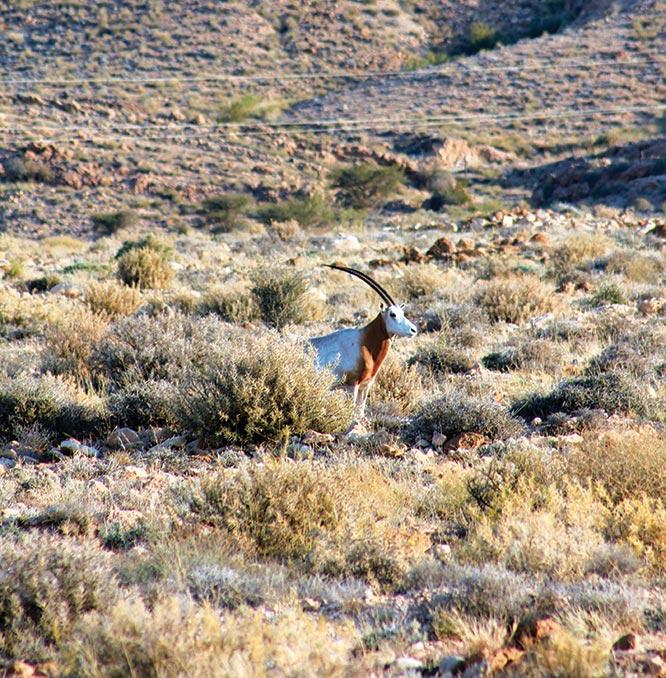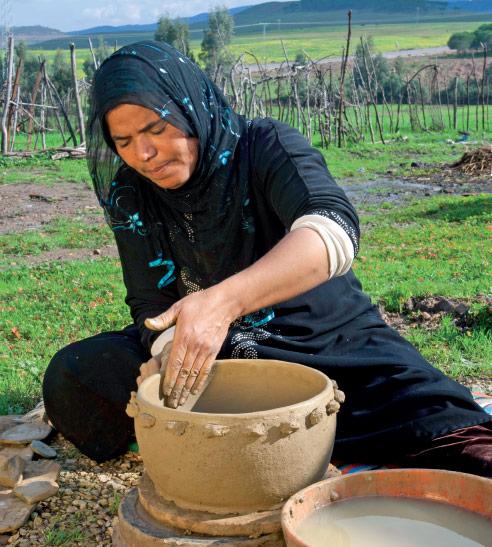Eco-responsibility
Tunisia’s geographical position, so close to Europe, makes it an ideal compromise for a journey that is both eco-friendly and unfamiliar.
Long known for its coastal resort-based tourism, Tunisia is currently developing its interior by encouraging a form of tourism that is human-sized and more sustainable.
Eco-responsibility
Tunisia’s geographical position, so close to Europe, makes it an ideal compromise for a journey that is both eco-friendly and unfamiliar.
Long known for its coastal resort-based tourism, Tunisia is currently developing its interior by encouraging a form of tourism that is human-sized and more sustainable.
Protected nature

With a low carbon footprint (2,5 t of CO2 per resident in 2019), Tunisia, despite its small surface area, possesses vast protected areas:
- 17 national parks (Ichkeul Park is on the World Heritage list)
- 27 nature reserves
- 41 wetlands of international importance (Ramsar Convention).


Sustainable tourism

Guest houses and eco-lodges have become more common outside the big towns, as well as some more authentic, nature-friendly activities. The European Union programme Tounes Wijhetouna (‘Tunisia, our destination’), encourages and funds many eco-tourist projects and other projects to valorize local produce and handicrafts.
The TCB, through its Sustainable Tourism Committee, will help you to take advantage of the many ways in which you can reduce the ecological impact of your event: goodies and gifts in recycled materials, solar-powered electricity, selective sorting, etc.
Rue du Commandant Bejaoui, B.P.82
2078 La Marsa, Tunisia
Tel. : (+216) 28 885 690 / (+216) 98 880 253
THE TCB
‘We’ll find a way, or we’ll make one’
Copyright © 2024 - Tunisia Convention Bureau - Developed by Ant Agency


